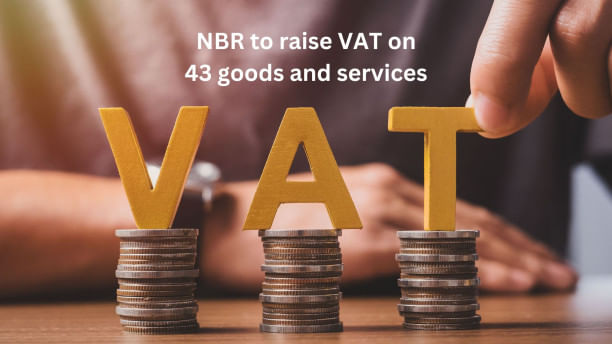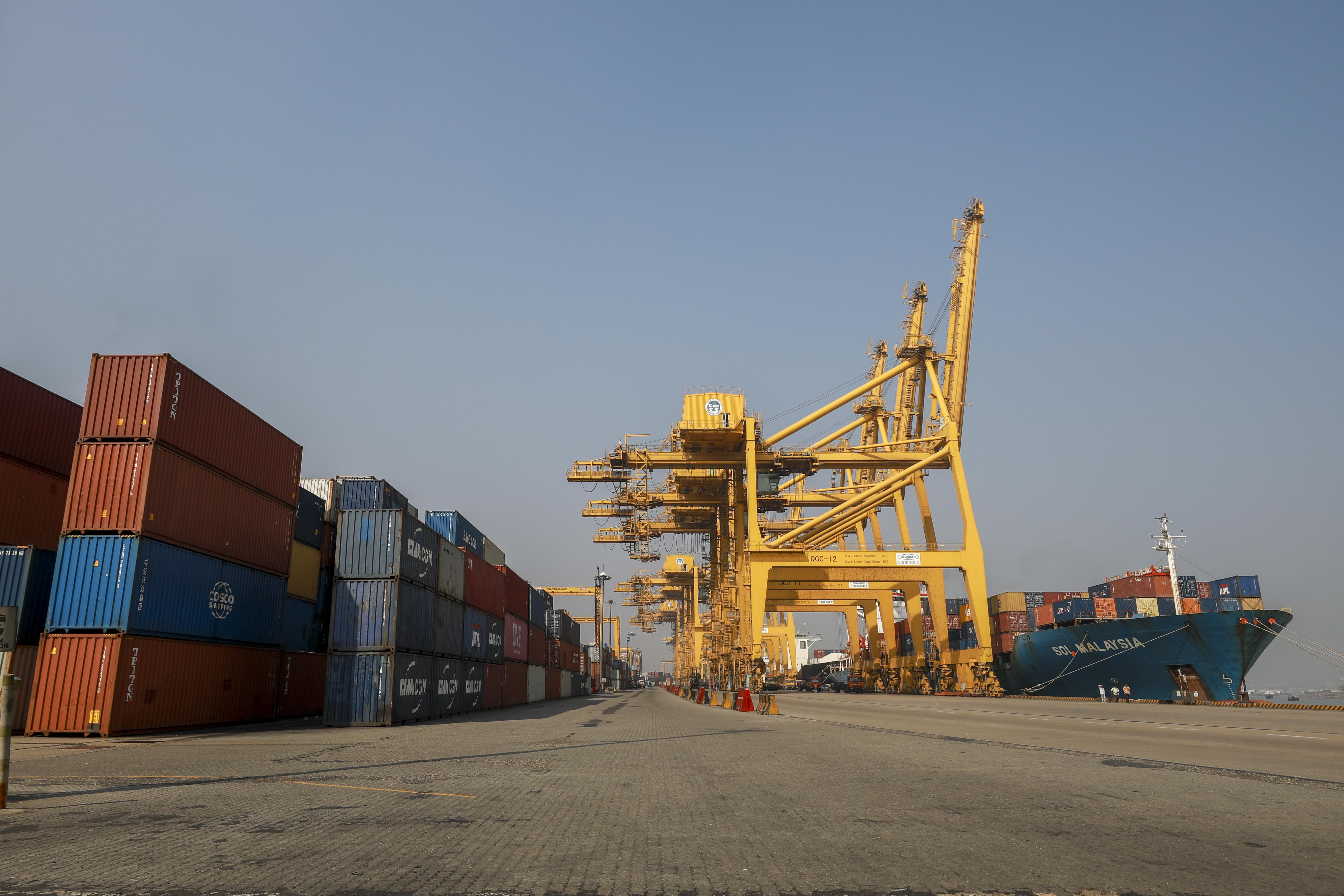Eating out, air travel to turn costlier

From dining out and travelling by air to purchasing sweets and clothing, the small comforts in life are going to turn costlier for a hike in value added tax (VAT) on 43 goods and services.
A 15 percent VAT may be slapped on food served at restaurants, sweets, clothing, and tissue paper as the National Board of Revenue (NBR) seeks to amend the VAT law and rates, said a senior NBR official.
At present, a 5 percent VAT is collected on restaurant bills whereas 7.5 percent on the purchase of sweets, clothing, and tissue paper.
And the hike in VAT, which is ultimately borne by the final consumer, will put further strain on the wallets of people, who are already being squeezed by persistently high inflation.
A representative of the Consumers Association of Bangladesh (CAB) opposed the move, saying it would increase sufferings of consumers.
In case of air travel, the excise duty is expected to be increased from 25 percent to 100 percent.
The supplementary duty (SD) on 10 imported items, including soap and raw tobacco, will also be hiked.
"We are also planning to hike SD on the bars and stores selling alcohol and prices and SD on all types of cigarettes to collect more taxes," said the official, adding that the council of advisers to the interim government approved the plan yesterday.
The revised rates will come into effect after the issuance of an official notification, he added.
The NBR's move is also an attempt at trimming the list of items that have a low VAT rate, in tune with recommendations of the International Monetary Fund (IMF).
The IMF, as a part of its $4.7 billion loan programme approved for Bangladesh, advised the government to rationalise tax exemptions, improve compliance with laws and bring about reforms in tax measures to bolster domestic revenue collection.
Bangladesh has one of the lowest tax-GDP ratios in the world, and economists say the low revenue collection compels the government to resort to costly borrowing from domestic and foreign sources.
The NBR official said they sought to increase VAT, SD and excise duty to comply with the IMF's conditions for boosting collection of internal revenue.
In a statement, the NBR said it seeks to bring changes in the VAT law in order to expand the coverage of the indirect tax and rationalise the rates so that it can increase domestic revenue collection.
As a part of the effort, the NBR is likely to hike excise duty on air tickets on domestic routes from Tk 500 to Tk 700.
For travels to nations of the South Asian Association for Regional Cooperation (Saarc), the amount of excise duty would be doubled to Tk 1,000.
Air travellers going to other countries in Asia will face an excise duty of Tk 2,500 whereas at present it is Tk 2,000.
The amount of excise duty for travels to Europe, the US, and the rest of the world will go up to Tk 4,000 from Tk 3,000 at present.
The NBR said the measures might bring in an additional Tk 12,000 crore.
MA Razzaque, chairman of thinktank Research and Policy Integration for Development, said Bangladesh has multiple VAT rates and this was contradictory to the VAT philosophy.
"From that perspective, a reform in the VAT rates is a good step. Besides, we need to improve domestic revenue collection to ensure macroeconomic stability," he said.
"The hike in rates may stoke inflation initially, but there would be no major impact…It would have been good if the direct tax collection could have been increased," he added.
Razzaque said it was vital to prevent tax evasion and ensure adequate taxation to ensure a fairer tax system.
"Some 85 percent of wealth is concentrated within only 10 percent of the population. Attention is necessary. Otherwise, the tax system will not be fairer," he said.
SM Nazer Hossain, vice president of the CAB, said the items that would see an increase in VAT would increase the cost of living of consumers alongside their sufferings.
"Instead of raising rates, the NBR should focus on recovery of unpaid taxes and prevent evasion. There are many ways of increasing revenue collection. But they only hike rates whenever there is a need," he added.
The NBR's initiative to increase VAT and SD rates on these items coincides with a time when tax collection continues to languish owing to an economic slowdown for multiple reasons, including elevated inflation.
In the five months to November in fiscal year 2024-25, overall tax receipts declined 2.62 percent year-on-year to Tk 130,185 crore, according to the NBR.
The VAT is the biggest source of revenue for Bangladesh, accounting for nearly 38 percent of the total revenue collection.



 For all latest news, follow The Daily Star's Google News channel.
For all latest news, follow The Daily Star's Google News channel. 

Comments